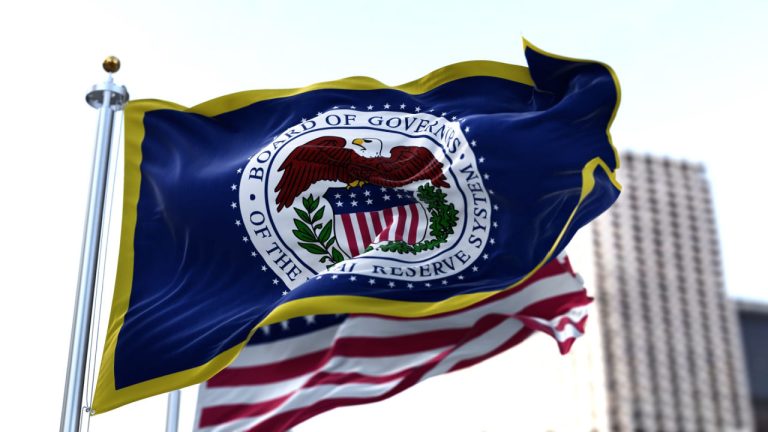
The U.S. Federal Reserve Board has rejected the attempt of Custodia Bank to become member of the Federal Reserve System. According to the decision announced Friday, the application submitted by the digital asset bank is inconsistent with legal requirements.
Federal Reserve Board Says Business Model Proposed by Custodia Bank Presents Risks
Crypto bank Custodia has been denied membership in the United States Federal Reserve System. In an announcement dated Jan. 27, the Federal Reserve Board explained that the application, as submitted by the company, is “inconsistent with the required factors under the law.”
The press release further detailed that Custodia is a special purpose depository institution which does not have federal deposit insurance and wants to engage in “untested crypto activities,” including issuing a crypto asset. In that context, the Board argued:
The firm’s novel business model and proposed focus on crypto-assets presented significant safety and soundness risks.
The Federal Reserve Board reminded it had previously determined that “such crypto activities are highly likely to be inconsistent with safe and sound banking practices.” It also said the bank’s risk management framework, “including its ability to mitigate money laundering and terrorism financing risks,” was not sufficient to address relevant concerns.
“In light of these and other concerns, the firm’s application as submitted was inconsistent with the factors the Board is required to evaluate by law,” the body concluded in the statement, adding that the order will be released following a review for confidential information.
Membership in the Federal Reserve System would have given Custodia, a bank chartered by the state of Wyoming, certain benefits, in terms of taxation and investment, for example. In a tweeted statement, CEO Caitlin Long said the company was “surprised and disappointed” by the Board’s move, insisting:
Custodia offered a safe, federally-regulated, solvent alternative to the reckless speculators and grifters of crypto that penetrated the U.S. banking system, with disastrous results for some banks.
Long emphasized that Custodia actively sought federal regulation, “going above and beyond all requirements that apply to traditional banks.” She also noted that the denial is consistent with the concerns raised by the company about the Fed’s handling of its applications and vowed that the bank will continue to litigate the issue.
The executive was referring to a lawsuit filed by Custodia against the central bank system’s delayed ruling on its application for a master account. The latter remains pending, as the company pointed out on Twitter. Banks hold most of their reserves in master accounts at the Fed which allows them to make transfers between each other and settle payments.
Also on Friday, the Federal Reserve Board issued a policy statement, according to which both insured and uninsured banking institutions will be subjected to limits on certain activities, including those associated with crypto assets.
Do you think the U.S. Federal Reserve Board will change its stance in the future regarding applications like the one filed by Custodia Bank? Share your expectations in the comments section below.
from Bitcoin News https://ift.tt/bJlhsZ1
Comments
Post a Comment